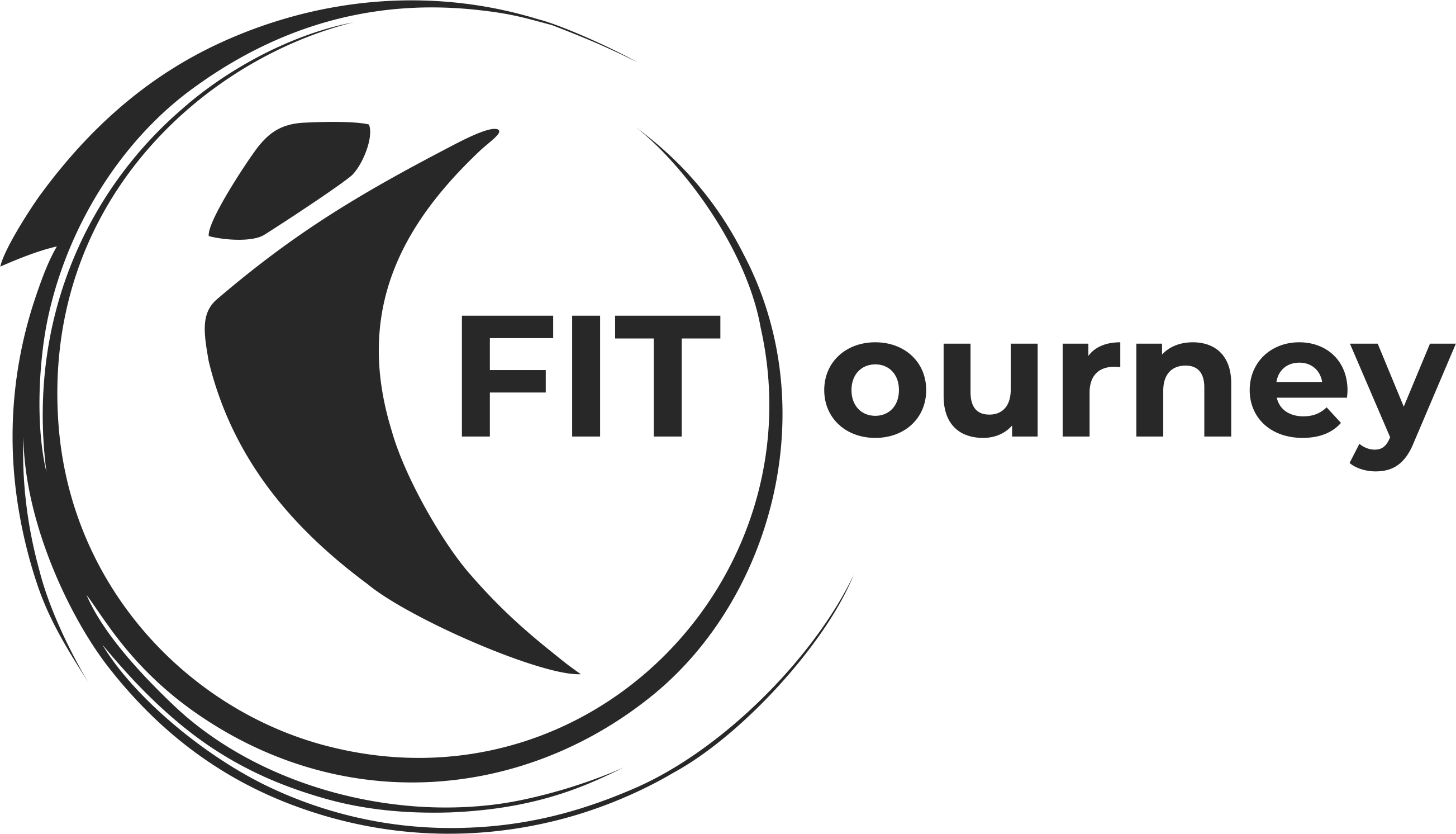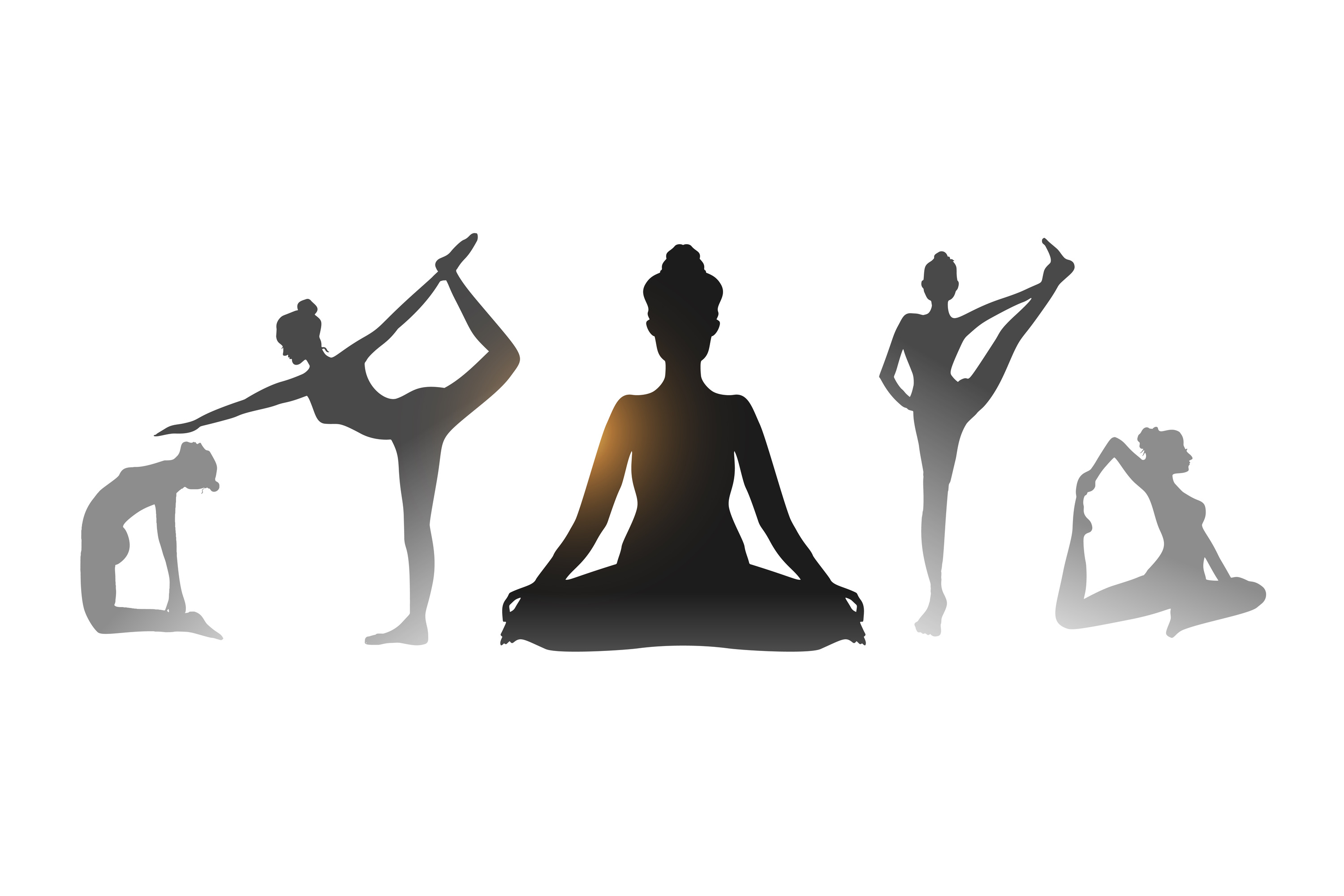When you are at your peak in the training zone and really loving your workouts, it's tempting to skip rest days. After all, you feel energised, see excellent progress, and leave each session buzzing with excitement. The thought crosses your mind: is there such a thing as too much exercise?
The answer is yes, and here's why. Rest days are just as critical as your active training days. In fact, a well-rounded workout routine isn't complete without scheduled rest days. Incorporating regular breaks into your regimen improves your recovery and enhances your results. It's an essential component of progress, regardless of your current fitness level.
Benefits of rest days
Better recovery: Rest is equal to recovery. Better rest, better recovery. Exercise leads to wear and tear in your muscle tissue, and during periods of rest, specialised cells called fibroblasts diligently repair and rejuvenate the tissues. This process results in stronger, healthier muscles. Therefore, taking a break is essential for optimal recovery and growth.
Prevents muscle fatigue: During exercise, our bodies use glycogen as a primary fuel source. If these glycogen stores aren't replenished, you may experience muscle fatigue and soreness. Your body requires glycogen even on rest days. Adequate rest ensures that your glycogen stores are refilled, preventing fatigue.
Reduced injuries: Regular rest is important to stay injury-free during workouts. Overtraining leads muscles to repetitive stress and strain. This stress can cause spasms, forcing you to take more rest days than planned.
Improves performance: Inadequate rest can hinder your progress in workouts. Daily wear and tear on muscles can result in spasms, sprains, or other injuries, slowing your progress or even requiring extended breaks from exercise.
How to take rest days?
Cardio: For slow cardio like walking, you don’t need to take a rest. You can do it every day unless your doctor instructs you otherwise. But if you are doing moderate or vigorous cardio activity, you need to rest every three to five days.
Bodybuilding: In bodybuilding or weight lifting, one can incorporate rest by rotating working muscle group. For example, after exercising a specific muscle group, let it rest for one to two days. This gives your muscles a chance to repair and heal. On the next day, train another group of muscles.
What you should do on the rest day?
- On the rest days, you can focus on your diet. Generally, your body needs fewer calories on the rest days because you are not as active.
- Focus on all the macros and micros equally even on the rest day also. The better you fuel your body on the rest days, the better it will perform on the next workout session.
- Yoga is the best thing you can do on the rest day. It’s excellent for improving body awareness, breathing, and flexibility. It also helps you build strength while loosening your muscles.
- Like yoga, you can do low-impact exercises like walking, casual swimming, dancing etc.
Signs you may need a rest day
- Sore muscles
- Fatigue
- Unusual pain
- Sleep issue
- Reduced performance
Conclusion
Whether you're a beginner or an advanced athlete, rest is essential for recovery. It plays a vital role in muscle repair, preventing fatigue, and optimising your overall performance. To make the most of your rest day, consider engaging in low-impact activities to stay active while giving your body the opportunity to recover fully. Remember, without adequate rest, achieving your fitness goals can be challenging. Rest is the key to success in your fitourney.




